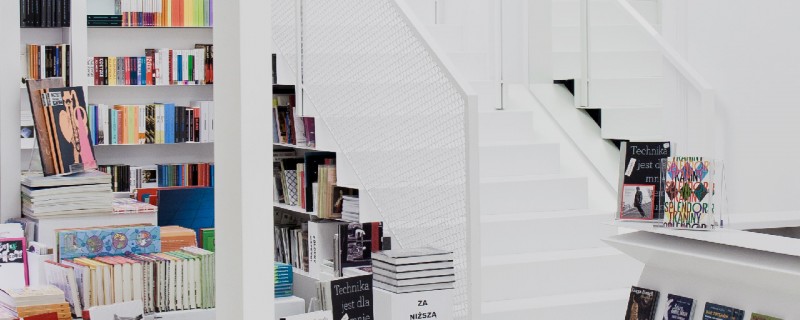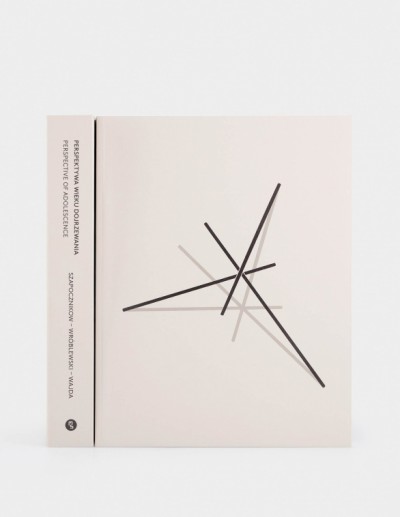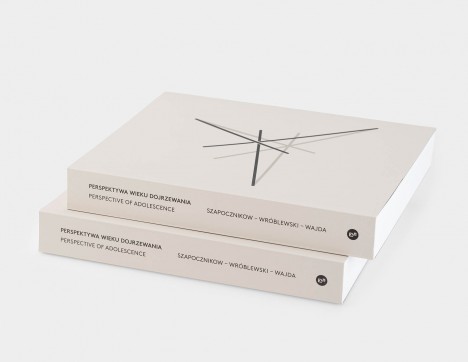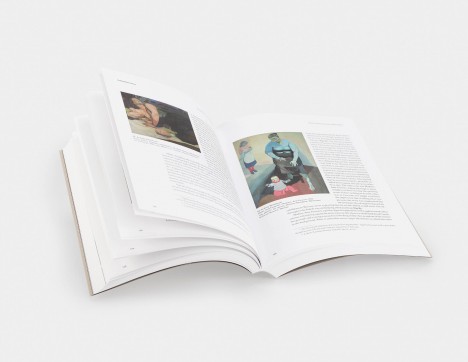
E-księgarnia
praca zbiorowa pod red. Andy Rottenberg
Wydawca: Muzeum Śląskie
Rok wydania: 2018
ISBN: 978-83-943991-0-8
Oprawa: miękka
Stron: 396
Język: polski, angielski
Perspective of Adolescence exhibition's catalogue.
The exhibition will look at the work of three representatives of the ‘war-infected’ generation: painter Andrzej Wróblewski (1927–1957), sculptor Alina Szapocznikow (1926–1973), and director Andrzej Wajda (1926–2017). They share not only close birth dates and the early loss of their fathers but also similar experiences of the time and place of their adolescence: the period of the Second World War in occupied Poland. What they witnessed and partook of marked in a very singular way both their lives and their work.
The worldwide literature describing research into or commenting upon creative works referring in various ways to the trauma and memory of World War II grows in volume with every passing year and probably surpasses the number of such artworks even though that number increases annually as well. Successive generations of artists highlight ever new aspects of the subject and use diverse forms to refresh and sharpen our collective memory, dulled by the intervening decades. Likewise, successive generations of researchers revisit well-known works of art to reveal aspects of them previously missed. One of these, to date passed over in both theoretical discussions and exhibitions, and yet relevant to the work of many artists, is adolescence – a very significant period in anyone’s life, and one in which these three were additionally surprised by war.
This period is in itself perceived as something traumatic, and under certain circumstances, occasioned by family life, relations with the peer group, the education system, and the sexual initiation, it can have a decisive impact on the rest of one’s life. If we add such factors to this handful of variables as the death of one of the parents and confrontation with the brutalities and atrocities of war, its demoralization and obscenity, we receive a very unique ‘wartime adolescence syndrome’.
Efforts to offer new readings of the work of Alina Szapocznikow and Andrzej Wróblewski have been underway for well over a decade, and their names have been steadily gaining worldwide recognition. Andrzej Wajda’s films have been popular all over the world for half a century. However, it is for the first time that the works of these three artists are going to be juxtaposed within one exhibition. Its underlying idea focuses on a unifying factor described as the ‘perspective of adolescence’. Such a point of view offers an opportunity to revise the prevailing approach to many of their works of art, and undertake a new reading and interpretation of them.
The exhibition will comprise 50 sculptures and drawings by Alina Szapocznikow as well as over 60 paintings, gouaches, and drawings by Andrzej Wróblewski, on loan from public and private collections. The oeuvre of Andrzej Wajda will be showcased through his sketches for shooting scripts and excerpts of 14 of his films from the years 1955–2016. The exhibition will be complemented by showings of documentaries about Szapocznikow, Wróblewski, and Wajda, in addition to an archival film recording of Jerzy Grotowski and Józef Szajna’s 1962 staging of Acropolis. A bilingual Polish-English catalogue will also be issued in conjunction with the exhibition.


